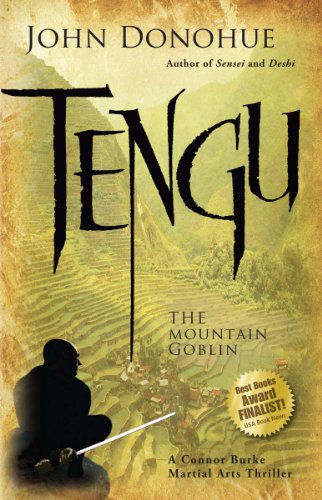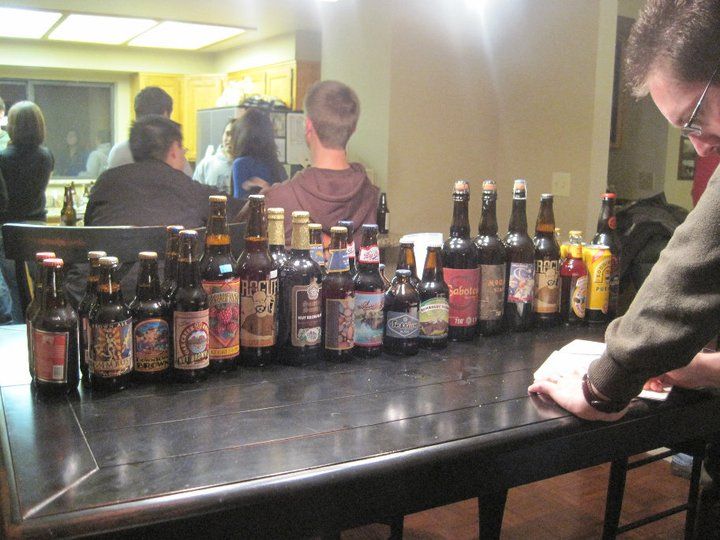Book Review: Tengu

The Mountain Goblin
by John Donohue
YMAA Fiction
287 pages; $12.95
In all honesty I thought this book was going to be terrible. I was disappointed when it showed up for review, and I have been putting it off for months. I decided to simply get it over with, and I discovered that the book was not terrible. I actually enjoyed it, and found a number of interesting things within.
Much like the process Donohue describes, how men of action come to slowly respect one another, I came to slowly enjoy this book more and more as I saw it progress. The prologue was terrible. I almost put the book down. The writing seemed overwrought and far too full of adjectives. However, I persisted, and the style settled down into something more workable. I am uncertain what changed, but Donohue fell into his groove, and the story flowed more naturally. There are few surprises in the plot, but that is the fun of this kind of book. You know that there will be some good fights, and the bad guy gets it in the end. You just have to suspend disbelief and experience the story as the characters do, and feel the tension and fear as if it were your own.
I also appreciated Donohue's perspective on the martial arts, and on fighting in general. I feared the book would be a potboiler full of fanciful moves and stale platitudes, but instead there is a very mature and thoughtful look at what it means to be the kind of man who places himself in harm's way, repeatedly and deliberately, knowing full well the consequences. This book does not shirk from displaying those consequences, especially the toll taken by injury compounded by age. This is not a lesson absorbed well by the young and healthy, but Donohue communicates it well. One cannot fight and emerge unscathed, but it might still be something one should do, something one must do.
The various martial arts [and they are various, Donohue does an excellent job of demonstrating the immense variety and rivalry of the many schools that exist, East and West] are at heart as much spiritual or moral as physical. Perhaps even more so. As one ages, one gains wisdom but loses strength, flexibility, and energy, but these latter things can be more of a vehicle for allowing the unreflective to slowly absorb the truths that enable one to live well, and to die well. Thus the practitioner of the martial arts can come to learn by blows what a more sensitive soul might learn from philosophy or religion. The action of the book is much the same, an apparently flashy, sweaty, brutal camouflage for a penetrating insight.

Comments ()